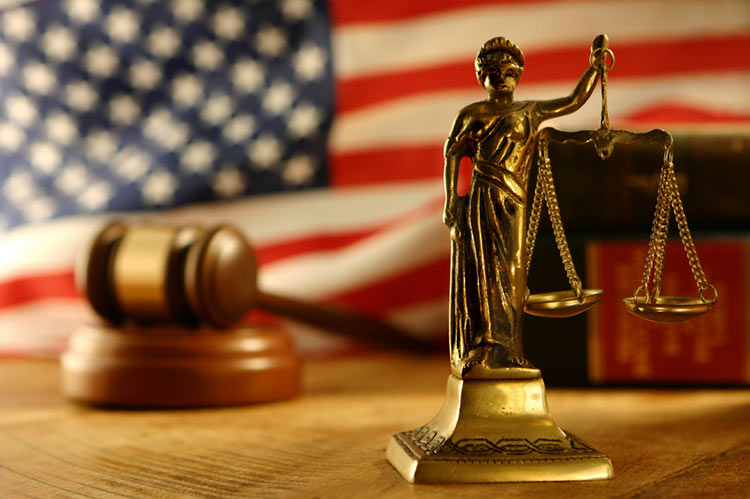Google’s Defeat in Tsargrad Lawsuit May Lead to Negative Consequences for Russia
Google has warned of potential risks for Russia if it loses the court case against the Tsargrad YouTube channel. The tech giant has stated that it may stop removing content banned in Russia from its search results if the court rules in favor of Tsargrad’s lawsuit against the American company. A loss in court could result in a hefty fine for Google or a violation of the sanctions regime.
Previously, Google proposed an amicable settlement to Tsargrad, but according to Tsargrad representatives, negotiations between the two companies “ended before they even began in substance.”
According to Forbes, if Google fails to comply with the Russian court’s demands and refuses to restore Tsargrad’s YouTube channel, it could disrupt the company’s operations in Russia. This situation not only poses negative consequences for Google but also creates “clear public legal risks for Russia as a whole,” making it impossible to enforce Federal Law 149-FZ “On Information, Information Technologies, and Information Protection” (which covers the distribution of child pornography, information on drug manufacturing, suicide methods, or calls for mass unrest).
As a result, Google may stop removing from its search results any content blocked by Russian authorities through official procedures.
Background of the Dispute
Google proposed an amicable resolution regarding the channel’s blocking at a court hearing on July 12. The American company requested a postponement, and the court rescheduled the hearing for August 16, 2021. On Sunday, August 15, Tsargrad sent a letter to Google stating that negotiations for a peaceful settlement had “ended before they even began in substance.”
Tsargrad suggested discussing with Google the technical aspects of restoring the blocked Google account and YouTube channel, as well as possible compensation for the year-long block. According to the law firm Baker McKenzie, representing Google, the company could restore the resources with certain limitations.
To recap, YouTube (owned by Google) blocked the Tsargrad TV channel in the summer of 2020, complying with U.S. sanctions imposed in 2014 by the U.S., EU, and Canada on the channel’s owner, Konstantin Malofeev. The lawsuit against Google became the first case under the “Lugovoy Law,” which allows sanctioned individuals and companies to move their legal proceedings to Russia.
On April 13, a Moscow court ruled that blocking Tsargrad’s YouTube account was illegal. The court ordered Google to compensate the channel’s owner for lost monetization revenue. At the time of the block, Tsargrad had one million subscribers.



